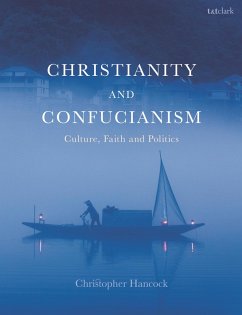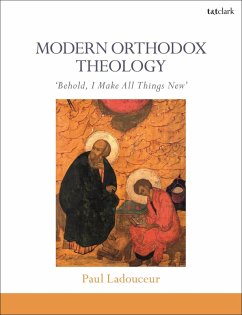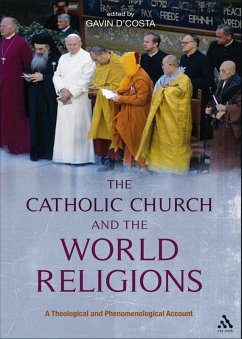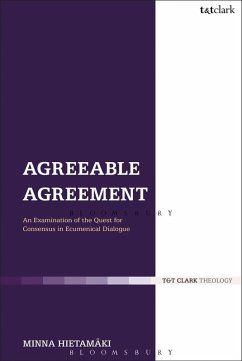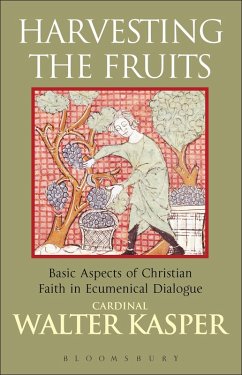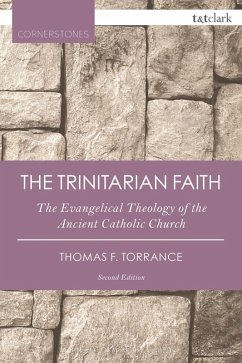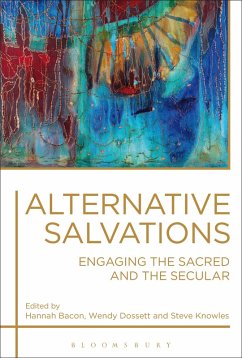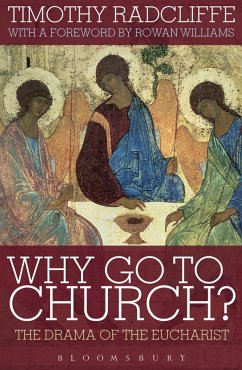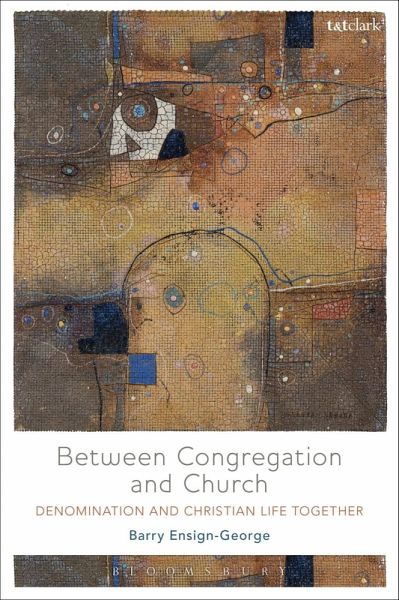
Between Congregation and Church (eBook, ePUB)
Denomination and Christian Life Together
Versandkostenfrei!
Sofort per Download lieferbar
28,95 €
inkl. MwSt.
Weitere Ausgaben:

PAYBACK Punkte
14 °P sammeln!
Denominations are one of the primary ways in which Christians attempt to live in a community based around God. Yet there is very little careful theological analysis of denomination available today. Between Congregation and Church offers a constructive theological understanding of denomination, showing its role as an intermediary structure between congregation and church. It places denomination and other intermediary structures within the doctrine of the church. Barry Ensign-George reviews work by theologians and church historians that can contribute to a constructive theological understanding ...
Denominations are one of the primary ways in which Christians attempt to live in a community based around God. Yet there is very little careful theological analysis of denomination available today. Between Congregation and Church offers a constructive theological understanding of denomination, showing its role as an intermediary structure between congregation and church. It places denomination and other intermediary structures within the doctrine of the church. Barry Ensign-George reviews work by theologians and church historians that can contribute to a constructive theological understanding of denomination. The book highlights particular developments in the history of the church that established preconditions for the emergence of denomination. Exploration of unity and diversity is central to this analysis, and individual chapters offer theological analyses of the unity and the diversity to which the Christians are called. Finally, denomination has often been a vehicle for sin, and the relationship between denomination and sin is considered. Between Congregation and Church addresses a major gap in contemporary theology: the failure to offer substantive theological analysis of denomination, a major way Christians together live their faith today.




